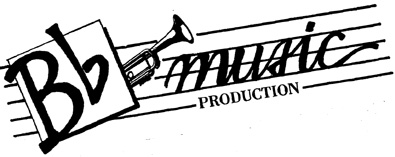
1. "Tune up? why? Are "you" going to make us play in some kind'a weird pitch center, tonight"?
2. "Tune up? Ok - to whom shall I tune"?
3. "Tune up? Now? How can we begin tuning, before we've begun playing"?
4. "He's not out of tune - he just sounds that way". (Mesmerized - staring at a tuning meter).
5. "Hey - what do we do now? The piano is at 440, but the vibraphone's 'A' bar says 442"?
6. Tuning - not something we "do" - but something we must eat, sleep, and live.
7. Playing "in tune" lives within us.........or not"!
Keep 'Em Flyin! (Grin!)
Clyde Hunt
(Q) I am currently studying to become a music educator. This semester I am doing observations in the public
schools. What I have been noticing is that intonation is very poor in
many
of the instrumentalists. I would like to know when the right time is
to
introduce and make the children aware that they are not playing in
tune?
(A) Intonation awareness needs to begin IMMEDIATELY! It it an essential
item for the formation of the correct embouchure. Beginner
clarinetists, eg, must be constantly "prodded" to bring the pitch "up".
It's important for you to play along with them - IN TUNE!!
It is inexcusable to ignore tuning problems "because they are just
children". "Remember, boys and girls, no matter how "good" a player
becomes - if it isn't in tune, no one wants to hear it"!
Playing the instrument "in tune" is of the highest priority. Intonation
problems are largely the result of haphazard teaching - and often with
too much emphasis upon "playing tunes" and being "in band" rather than
"learning to play the instrument".
Thanks for listening,
Clyde Hunt
Ask Clyde